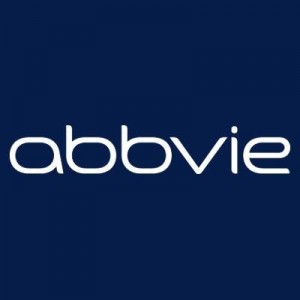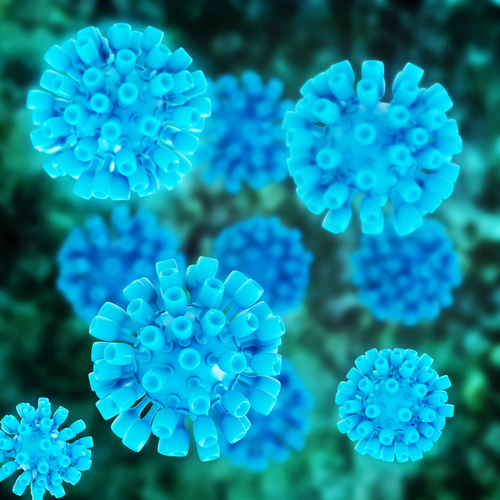 AbbVie announced findings from a Phase 3 clinical trial (GIFT-I (M13-004)) for its new oral, ribavirin (RBV)-free antiviral treatment with a fixed-dose combination of paritaprevir/ritonavir (150/100 mg) with ombitasvir (25 mg), to be administered daily in patients with genotype 1b (GT1b) chronic hepatitis C virus (HCV) infection in Japan.
AbbVie announced findings from a Phase 3 clinical trial (GIFT-I (M13-004)) for its new oral, ribavirin (RBV)-free antiviral treatment with a fixed-dose combination of paritaprevir/ritonavir (150/100 mg) with ombitasvir (25 mg), to be administered daily in patients with genotype 1b (GT1b) chronic hepatitis C virus (HCV) infection in Japan.
Hepatitis C virus (HCV) establishes a chronic infection in most infected individuals that contributes to the development of liver diseases such as cirrhosis and hepatocellular carcinoma. HCV is classified into 11 important genotypes (designated 1-11), many subtypes (designated a, b, c, etc.), and about 100 different strains according to the heterogeneity of the genomic sequence. Genotypes 1 to 3 have a global distribution, while the subtypes 1a and 1b are the most frequent, comprising 60% of total infections, predominately found in Northern Europe and North America, and in Southern and Eastern Europe and Japan, respectively. In Japan, 2 million individuals are currently infected with hepatitis C.
The GIFT-I (M13-004) clinical trial is a Phase 3, multi-center study that was designed to assess the efficacy and safety of treatment with ombitasvir/paritaprevir/ritonavir (OBV/PTV/r), over 12 weeks in 363 adult Japanese patients with chronic genotype 1b hepatitis C virus. The study involved patients both without cirrhosis and with compensated cirrhosis, i.e. patients with a functional diseased liver, who were never treated (naive) or had previous therapy with interferon (IFN) with or without ribavirin (experienced). The study consisted of two sub-studies that included patients without cirrhosis randomized to OBV/PTV/r or placebo, and with compensated cirrhosis, both of which received open-label therapy with OBV/PTV/r.
The sub-group of naive patients with no cirrhosis were designated to therapy with IFN with or without RBV were found to have a high viral load (> 100,000 IU/mL) and were treated with at least one dose of the double-blind active study drug. In this subgroup, 95% (n=106/112) had a constant virologic response rate at 12 weeks after therapy (SVR12), the primary endpoint.
“AbbVie is committed to advancing HCV care with the goal of evaluating our treatment in a broad range of patients around the world,” said Scott Brun, M.D., vice president, pharmaceutical development at AbbVie, in a press release. “The GIFT-I results are encouraging and support moving forward with our Japan development program, with a local regulatory submission anticipated in the first quarter of 2015.”

